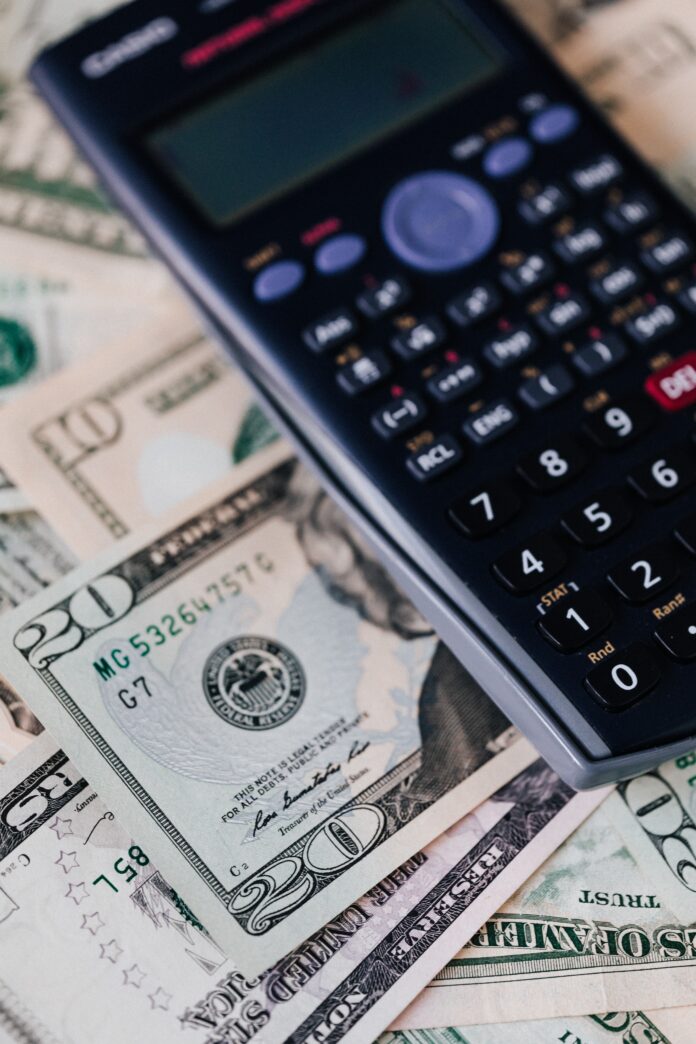
By Andre Ash, Michigan Chronicle, Word in Black
President Joe Biden and the U.S. Department of Education announced last year their three-part plan to provide assistance to working and middle-class families struggling to pay federal student loans. The plan would provide borrowers with up to $20,000 in loan forgiveness. Other parts of the plan would help borrowers undergo a smooth transition to regular payments following several loan repayment pauses and extensions by the Biden-Harris administration.
Loan repayment pauses began under the Trump administration and continued into Biden’s presidency as families sought economic relief at the height of the COVID-19 pandemic.
The White House and Department of Education have been seeking ways to ensure there is targeted debt relief for low- and middle-income families especially as pandemic-related support expires.
On the issue of loan forgiveness, a plan erasing some or all debt for borrowers of up to $20,000 has become a sticky plan, which has caught political rebuke from Republicans, and a Biden agenda has now come to a complete halt as it faces challenges before the courts.
In an exclusive interview with Real Times Media, parent company of the Michigan Chronicle, Miguel Cardona, U.S. Secretary of Education, spoke about the options for borrowers who have signed up for debt forgiveness, and the department’s efforts to aid student borrowers seeking assistance.
“The law says I have the authority,” said Secretary Cardona. “We have these frivolous lawsuits that are trying to stop what we know the American people have been asking for.”
“People need better access to higher education and they need to be able to do so without being stuck in debt for the rest of their lives.”
Two lawsuits, focused on the issue of student loan forgiveness, are before the U.S. Supreme Court. In the Biden vs. Nebraska case, a group of Republican-led states argue their states would suffer economic damage due to the potential loss of tax revenue and other profits state have with loan servicers. The case is before the 8th Circuit Court of Appeals.
The other lawsuit is the Department of Education vs. Brown. The 5th Circuit Court of Appeals argues the Biden loan forgiveness program is illegal, upholding a lower court’s ruling in Texas.
The Biden administration argues they have the authority to offer its program of loan forgiveness based on the 2003 HEORES Act, or Higher Education Relief Opportunities for Students, which gives the Department of Education special powers during a national emergency.
“The pandemic was the national emergency. The national emergency did require both administrations, the previous one and this one, to use that authority to pause loan payments and to adjust them the way we’re working to adjust them.”
Secretary Cardona believes $20,000 for PELL eligible students will go a long way for someone paying under $125,000.
He also said efforts are underway at the Department of Education to propose an income-driven repayment. Cardona believes this plan will cut in half the payments people are making for loans secured for their undergraduate degrees.
“For far too long it has affected people, not allowing them to buy a home, or move on with their life, especially for Black and Brown people. We know they have greater debt, they’re more likely to go into default.”
Cardona said the department is doing its best to address access to higher education as well as inequities.
Many borrowers signed up for Biden’s student loan forgiveness program online. The program is currently on pause as the issue faces the Supreme Court. Meanwhile, many borrowers wait, hoping for significant student loan relief.
“We feel very confident that we have the legal authority and it’s the right thing to do,” Cardona said. “We’re not talking about helping rich people. We’re talking about helping middle-class people get back on their feet just like we did with small businesses.”

